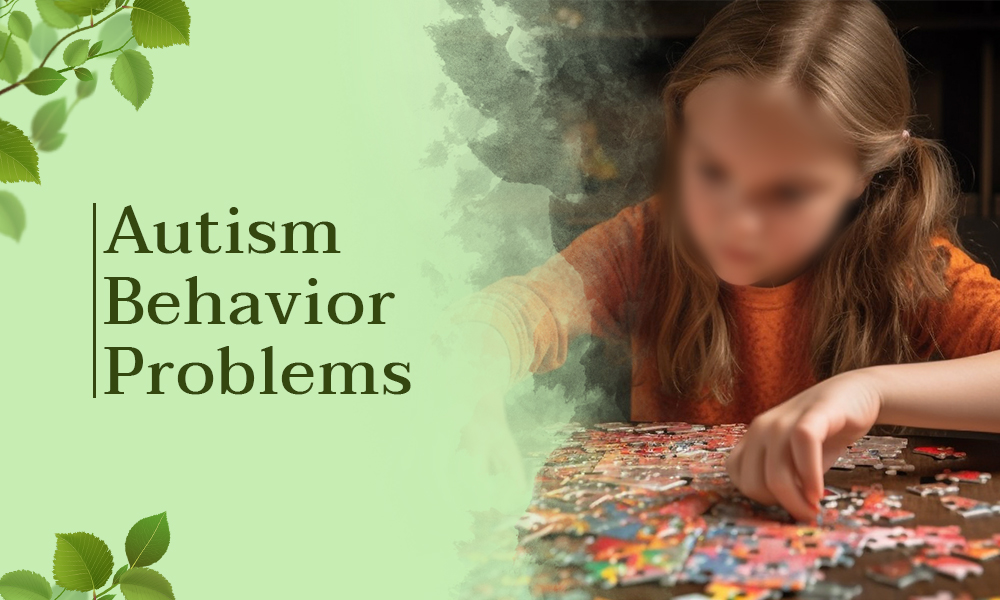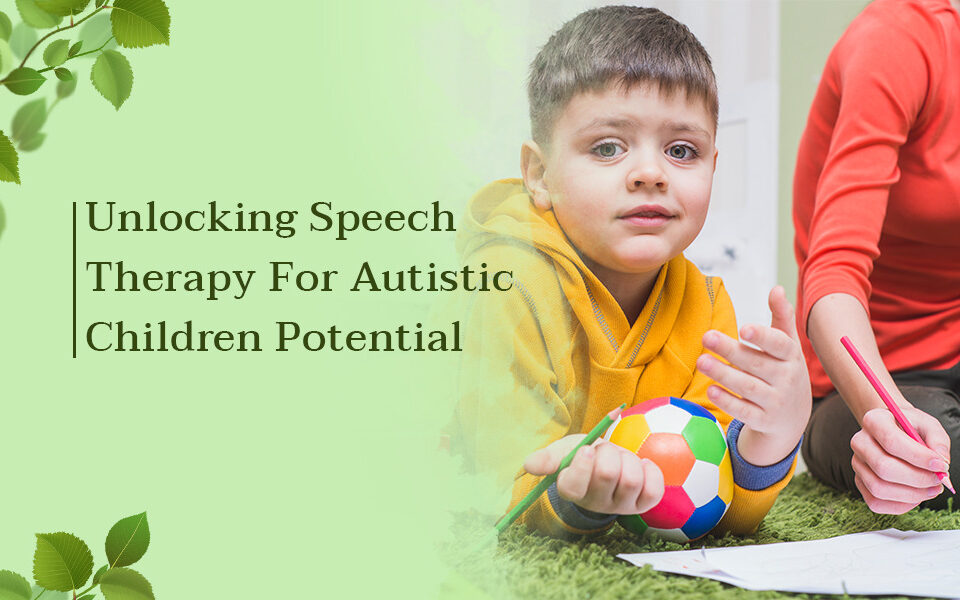- Jofa Tower 5th floor, SB-23, Block 13 C, Main University Rd, Gulshan-e-Iqbal, Karachi.
- +92 322 3746726
- tis@transformation.com.pk
Autism Behavior Problems

Autism Child Treatment In Karachi
July 27, 2023
Repetitive Transcranial Magnetic Stimulation
August 1, 2023Autism is regarded as a condition of a person's mental development. An irregularity in social contact, trouble connecting with others, and issues within the pattern of interests and behaviors are all manifestations of such an unanticipated condition.
Behavior in issues is common in children with autism. Both the child and the family and caregivers may find them difficult. More than half of children and teenagers with autism have a history of hitting caregivers, other children, and adults. This may entail hitting kicking, or biting.
Although establishing the exact etiology of autism is challenging, many experts feel that the illness is initiated by the environment. Despite significant discussion over the real influences of the environment, researchers have effectively identified some of the primary genes found in patients diagnosed with a condition.
If a child struggles with sleep, behavioral issues will arise more frequently. This is more likely to occur if they awaken in the middle of the night. Younger children are more inclined to harm others. However, older children and teenagers are more likely to harm themselves, particularly if they have difficulty communicating. While individuals with autism can have diverse strengths and weaknesses, some common behavior problems associated with autism include:

Communication Issues in Social Situations:

Repeated Actions:

Change Resistance and Rigidity:

Sensitivities of the Senses:

Transitional Problems

Communication Challenges:

Specified Interests:

Social interaction difficulties:
Why do these Autistic behavior issues occur?
Although the precise reasons for the behavioral issues associated with autism are not entirely understood, experts do think that a mix of genetic, environmental, and neurological factors may be at play. Autism has a substantial hereditary component. Certain genes and genetic mutations have been linked to an elevated risk of ASD development.
Autism is classified as a neurodevelopmental condition, which means that it appears during early brain development. Disruptions or atypical processes throughout important times of brain development may lead to the hallmark behaviors found in autism. Certain environmental variables throughout pregnancy and early childhood may contribute to the development of Autism-related Behavioral Problems. These factors can include prenatal toxicity, maternal illnesses throughout pregnancy, and delivery difficulties.
Many people with autism have sensory sensitivities or variances, which can cause heightened reactivity to sensory stimuli. This might lead to actions such as seeking sensory input or avoiding overwhelming sensory stimuli. Difficulties comprehending and expressing words can lead to frustration and breakdowns in communication. As a result, people with autism may resort to repeated behaviors or have behavioral outbursts to express their demands or pain.
It's important to emphasize that each individual with autism is unique, and the specific combination of factors influencing their behavior problems can vary significantly. Additionally, some behavior problems may change over time or with appropriate support and intervention. Early diagnosis, individualized therapies, and a supportive environment can significantly improve the quality of life for individuals with autism and help them manage their behavior challenges more effectively.




